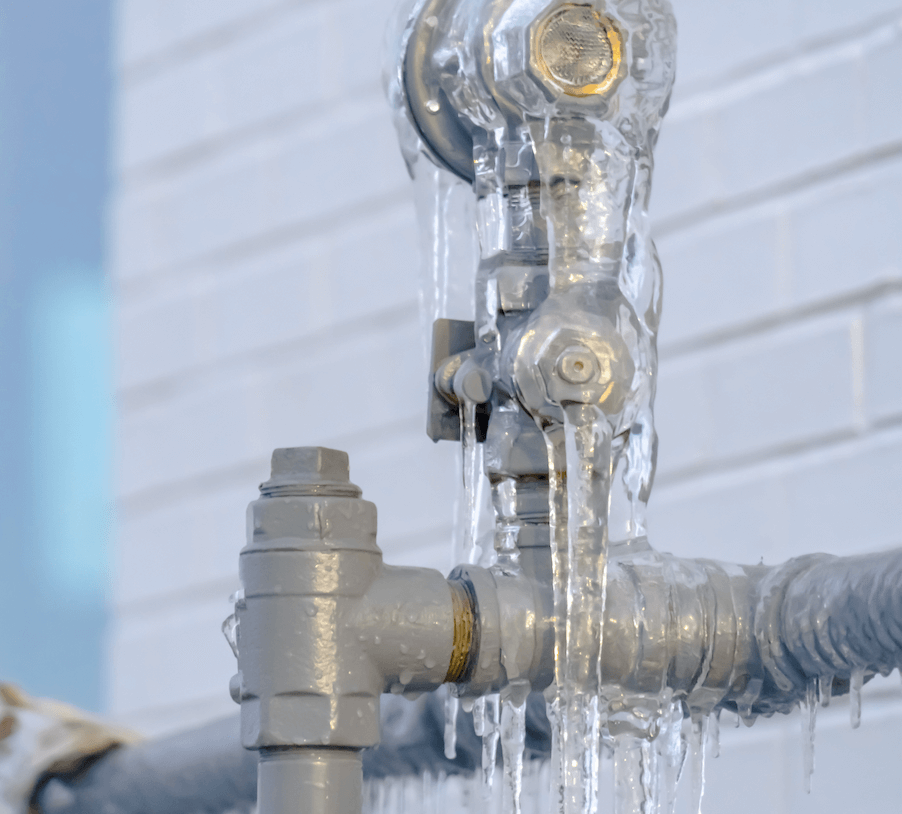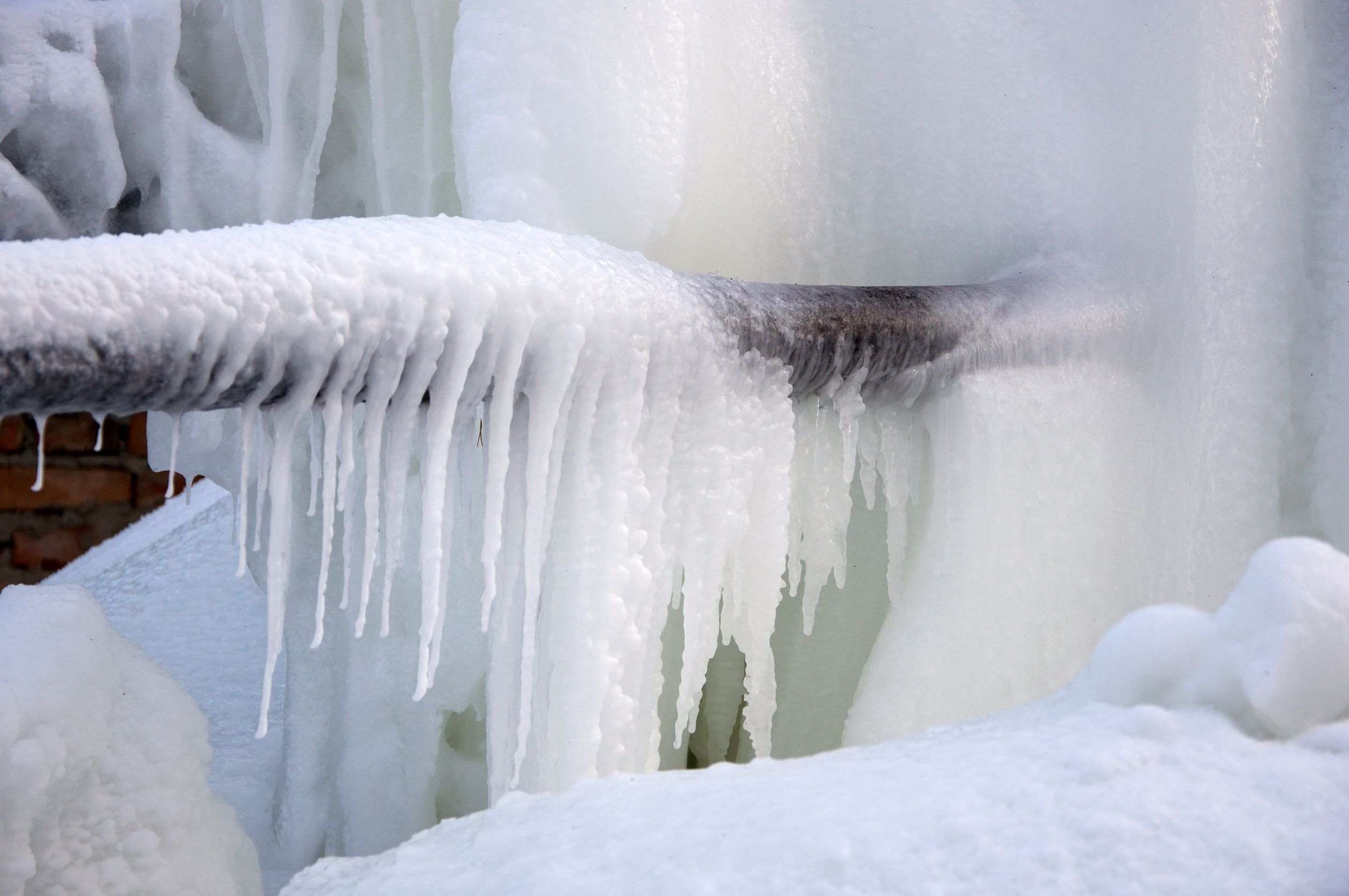Tips for Avoiding Frozen Plumbing in Winter: Specialist Advice
Tips for Avoiding Frozen Plumbing in Winter: Specialist Advice
Blog Article
Were you trying to find additional info involving How to Prevent Your Pipes From Freezing?

Winter can wreak havoc on your pipes, especially by freezing pipes. Here's just how to stop it from taking place and what to do if it does.
Intro
As temperatures drop, the threat of icy pipes rises, possibly resulting in costly fixings and water damages. Understanding just how to avoid frozen pipelines is important for homeowners in chilly climates.
Recognizing Frozen Pipelines
What causes pipelines to ice up?
Pipes ice up when exposed to temperature levels below 32 ° F (0 ° C) for prolonged durations. As water inside the pipes freezes, it expands, putting pressure on the pipeline walls and potentially creating them to break.
Dangers and problems
Frozen pipelines can bring about water system interruptions, residential or commercial property damage, and expensive repair work. Burst pipes can flood homes and create comprehensive architectural damage.
Indicators of Frozen Pipeline
Recognizing frozen pipes early can prevent them from bursting.
How to identify icy pipelines
Try to find reduced water flow from faucets, uncommon smells or noises from pipes, and noticeable frost on subjected pipes.
Prevention Tips
Shielding prone pipes
Cover pipelines in insulation sleeves or use warmth tape to secure them from freezing temperatures. Concentrate on pipes in unheated or external areas of the home.
Home heating techniques
Maintain interior rooms effectively heated, specifically areas with plumbing. Open up cabinet doors to enable cozy air to circulate around pipes under sinks.
Shielding Outdoor Plumbing
Yard hose pipes and exterior faucets
Detach and drain pipes garden pipes prior to winter season. Mount frost-proof spigots or cover outside faucets with protected caps.
What to Do If Your Pipes Freeze
Immediate actions to take
If you believe frozen pipelines, keep faucets open up to ease stress as the ice thaws. Utilize a hairdryer or towels taken in warm water to thaw pipelines gradually.
Long-Term Solutions
Structural adjustments
Take into consideration rerouting pipelines away from exterior walls or unheated areas. Include added insulation to attic rooms, cellars, and crawl spaces.
Updating insulation
Purchase top notch insulation for pipes, attics, and wall surfaces. Appropriate insulation assists maintain regular temperature levels and minimizes the danger of frozen pipelines.
Final thought
Preventing icy pipes calls for positive actions and quick feedbacks. By comprehending the causes, indications, and safety nets, house owners can shield their plumbing throughout cold weather.
6 Proven Ways to Prevent Frozen Pipes and Protect Your Home
Disconnect and Drain Garden Hoses
Before winter arrives, start by disconnecting your garden hoses and draining any remaining water. Close the shut-off valves that supply outdoor hose bibs and leave the outdoor faucet open to allow any residual water to drain. For extra protection, consider using faucet covers throughout the colder months. It’s also important to drain water from any sprinkler supply lines following the manufacturer’s directions.
Insulate Exposed Pipes
Insulating your pipes is an effective way to prevent freezing. Pipe insulation is readily available at home improvement stores and is relatively inexpensive. Pay close attention to pipes in unheated areas such as the attic, basement, crawl spaces, or garage. Apply foam insulation generously to create a buffer against the cold. You can also wrap your pipes in heat tape or thermostat-controlled heat cables for added warmth.
Seal Air Leaks
Inspect your home for any cracks or openings that could let in cold air. Seal any holes around the piping in interior or exterior walls, as well as the sill plates where your home rests on its foundation. Additionally, make sure to keep your garage door closed unless you’re entering or exiting. Leaving it open creates a significant air leak that can lead to frozen pipes.
Allow Warm Air Circulation
During cold snaps, it’s essential to allow warm air to circulate evenly throughout your home. Leave interior doors ajar to promote better airflow. Open kitchen and bathroom cabinets to help distribute heat consistently around the rooms. If you have small children or pets, be sure to remove any household chemicals or potentially harmful cleaners from open cabinets for safety.
Let Faucets Drip
A small trickle of water can make a big difference in preventing ice formation inside your pipes. When temperatures drop significantly, start a drip of water from all faucets served by exposed pipes. This continuous flow helps prevent the water from freezing. Additionally, running a few faucets slightly can relieve pressure inside the pipes, reducing the chances of a rupture if the water inside does freeze.
https://choateshvac.com/6-proven-ways-to-prevent-frozen-pipes-and-protect-your-home/

I stumbled upon that blog posting on How to Prevent Your Pipes From Freezing when doing a lookup on the internet. If you enjoyed our post plz don't forget to share it. Thank you for your time. Return soon.
Call Today Report this page